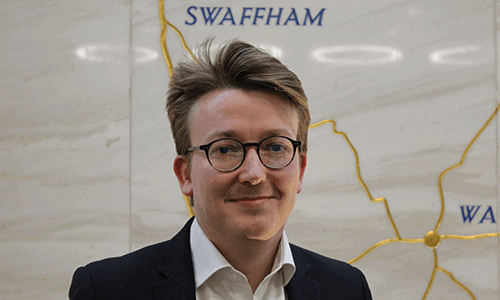| Featured news
| Featured blogs
Five AI trends for 2026 that project managers need to consider
AI • Artificial intelligence
In 2025, TIME magazine crowned the ‘Architects of AI’ as its Person of the Year, recognising the handful of leaders who are fundamentally reshaping our world. This was not a niche tech award; it was a mainstream acknowledgment that artificial intelligence (AI) has become a dominant force in the global economy, geopolitics and the fabric of our daily lives.
Six signs of the invisible cost of people problems on your project
Teamwork • Communication
When projects slip behind schedule or budgets balloon, it’s easy to blame the usual suspects: scope creep, contractual wrangles or technical hiccoughs. But often, the real culprit is people issues – miscommunication, mismatched expectations or simmering tensions quietly derailing progress long before your Gantt chart shows red.
e
Unlocking productivity: Embracing efficiency over bureaucracy
Teamwork • Leadership
I’m sure it has happened to most of us: working under a tight project deadline while bureaucracy keeps us busy and makes us feel like we’re not making the best use of our time. Tight deadlines are common in projects — and so, unfortunately, is bureaucracy. But that shouldn’t be the case.
Aligning the unaligned: The leadership skill every project team needs
Teamwork • Leadership
Across every sector I’ve worked in — aviation, rail, highways, technology and digital delivery — one truth has remained: projects rise or fall on alignment. Not effort. Not intelligence. Not even resource. Alignment.
Free digital article from Project Journal

 Donna Sinnick
Donna Sinnick
PROJECT meets Babcock International Group’s Chief Delivery Officer, who is on a mission to simplify.
By Emma De Vita
Project – the official journal of the Association for Project Management (APM) – is circulated quarterly for members only. Project covers the latest news, opinions and insights for those in the project community.






